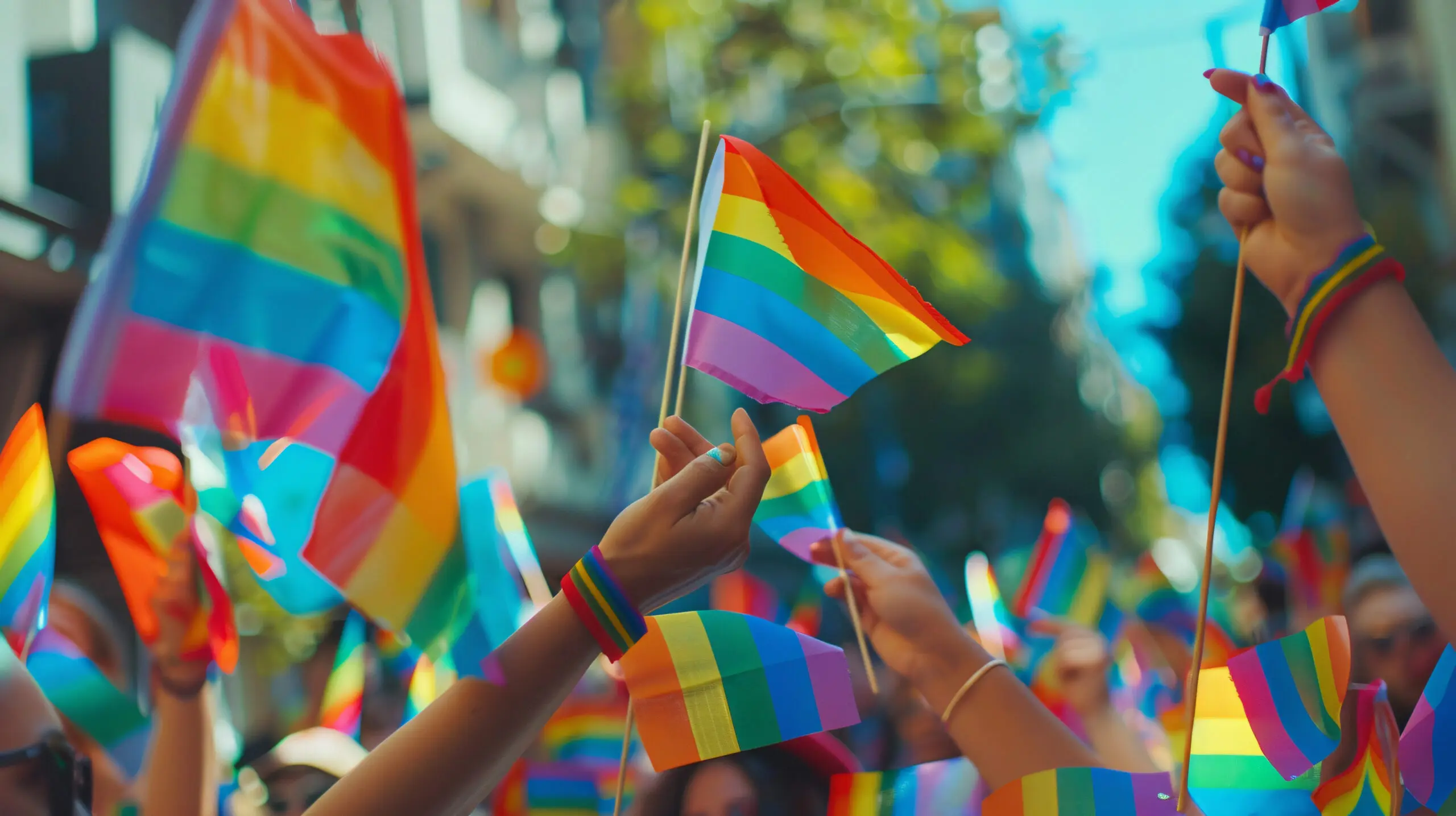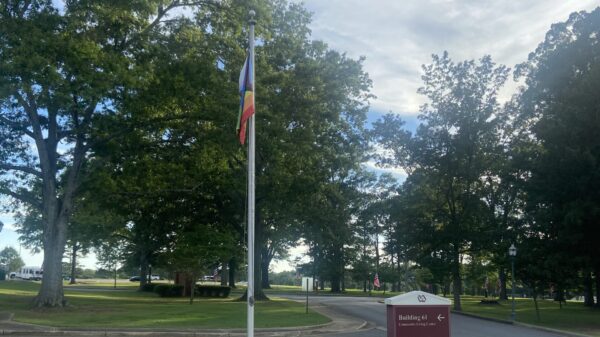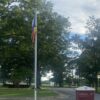|
Getting your Trinity Audio player ready...
|
LGBTQ Pride Month, celebrated every June, is a powerful commemoration of the lesbian, gay, bisexual, transgender, and queer community, combining jubilant parades with fervent protests. While the festivities highlight the community’s achievements, the rallies and political actions underscore the ongoing struggles for equality and acceptance.
Pride Month’s roots trace back to the 1969 Stonewall riots, a pivotal event igniting the fight for LGBTQ rights. The first Pride marches occurred on June 28, 1970, to mark the riots’ anniversary, evolving into the month-long celebration we know today.
This year, Alabama lawmakers attempted to defund the Alabama Department of Archives and History (ADAH) after it hosted a luncheon discussing LGBTQ history in the state last year. This effort reflects Alabama’s longstanding history of attempting to erase the narratives of marginalized communities. The ADAH’s mission is to preserve the history of all Alabamians, but the state’s repeated attempts to whitewash history have already cost countless stories.
It’s not just history; contemporary achievements of LGBTQ individuals from Alabama are often ignored. Take Tim Cook, the CEO of Apple, who hails from Robertsdale. Despite leading the world’s most valuable company, Cook’s name is conspicuously absent from the town’s welcome signs and local honors. Cook’s journey from a small Alabama town to a global tech leader speaks volumes about overcoming adversity, yet he remains unrecognized by his state and hometown.
Laverne Cox, an Alabama native, has also faced similar oversight. Cox, the first transgender woman of color to star in a mainstream television series, broke numerous barriers with her role in “Orange Is the New Black” and became the first transgender person nominated for a Primetime Emmy. Raised in Mobile, Cox endured relentless bullying for defying gender norms, a clear message from her community that she was unwelcome.
Other notable LGBTQ figures from Alabama include Truman Capote, Ma Rainey, Jim Nabors, Nell Carter, and Brittany Howard. Despite their achievements, many LGBTQ individuals remain unknown, persecuted simply for being themselves.
The History Channel recently highlighted influential LGBTQ individuals, but there are many more deserving of recognition. For instance, William Dorsey Swann, born into slavery, became the first person in the U.S. to fight for the LGBTQ community’s right to gather. Despite multiple arrests and a denied pardon, Swann continued to host drag balls, living his truth until his death.
Henry Gerber, founder of the first gay rights organization in America, and Harry Hay, co-founder of the Mattachine Society, also paved the way for LGBTQ rights despite facing severe repercussions.
Del Martin and Phyllis Lyon co-founded the first major organization for lesbians in the U.S. and continued their activism for decades, even being among the first couples married by San Francisco’s then-mayor Gavin Newsom.
Dale Jennings, another founding member of the Mattachine Society, became a queer rights hero by fighting a charge of sexual solicitation, highlighting discriminatory practices. Christine Jorgensen, a transgender rights champion, used her public transition to advocate for empathy toward transgender people.
Currently, efforts to erase history have led to banning LGBTQ books from public libraries in Alabama, seeing ongoing success due to a relentless push by Republican lawmakers and anti-LGBTQ groups receiving funds from out-of-state interests. The narrative is being enforced by right-wing media and others with a regressive agenda.
In the deep South, where tradition reigns supreme and change is often met with fierce opposition, the LGBTQ community in Alabama continues to navigate a tumultuous path toward equality. Despite the progressive winds blowing through the nation, Alabama remains a bastion of resistance, clinging to archaic views and discriminatory practices that keep the state lagging in the dark ages of civil rights.
Despite these relentless challenges, pockets of progress provide glimmers of hope. Organizations like Equality Alabama and the Magic City Acceptance Center in Birmingham work tirelessly to support the LGBTQ community, offering resources, advocacy, and a much-needed sense of belonging. Pride celebrations in cities like Birmingham and Mobile continue to grow, serving as both a celebration of identity and a defiant stand against the forces of intolerance.
Pride Month is a time of celebration, remembrance, and a stark reminder that prejudice is still alive and well. These trailblazers stand as symbols of the ongoing fight for equality. Their stories herald the progress that has been made and remind us that the journey toward true acceptance and recognition continues.
















































